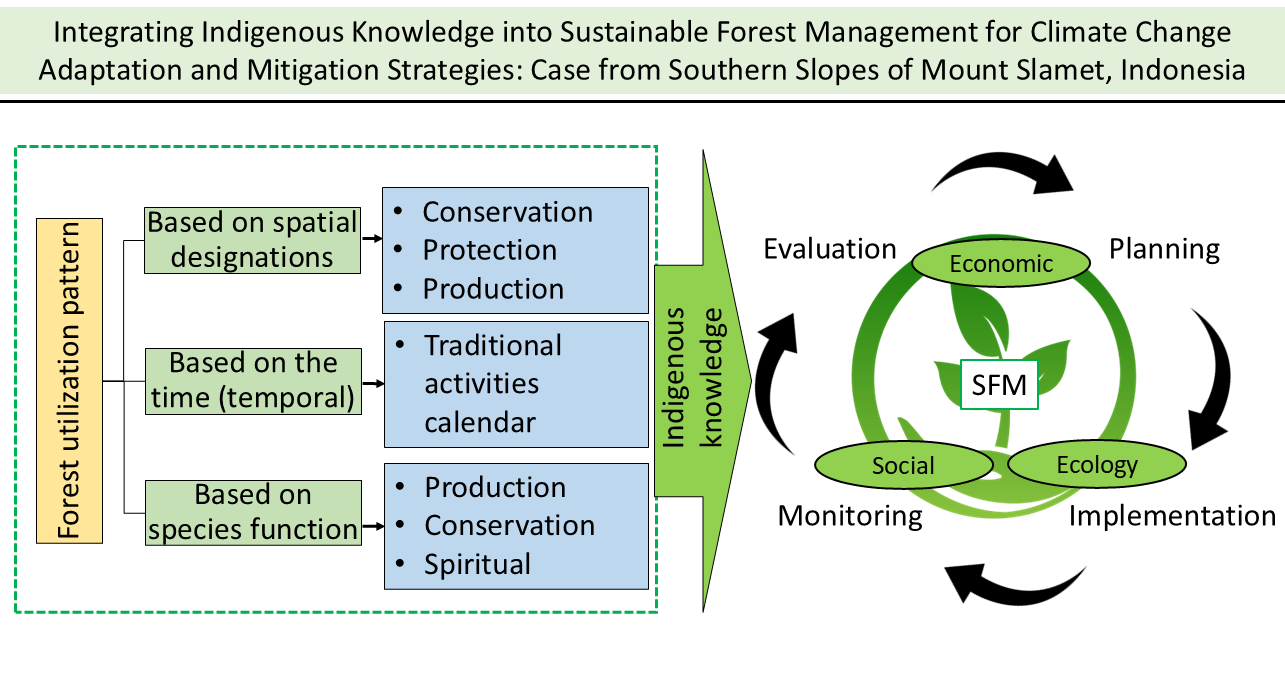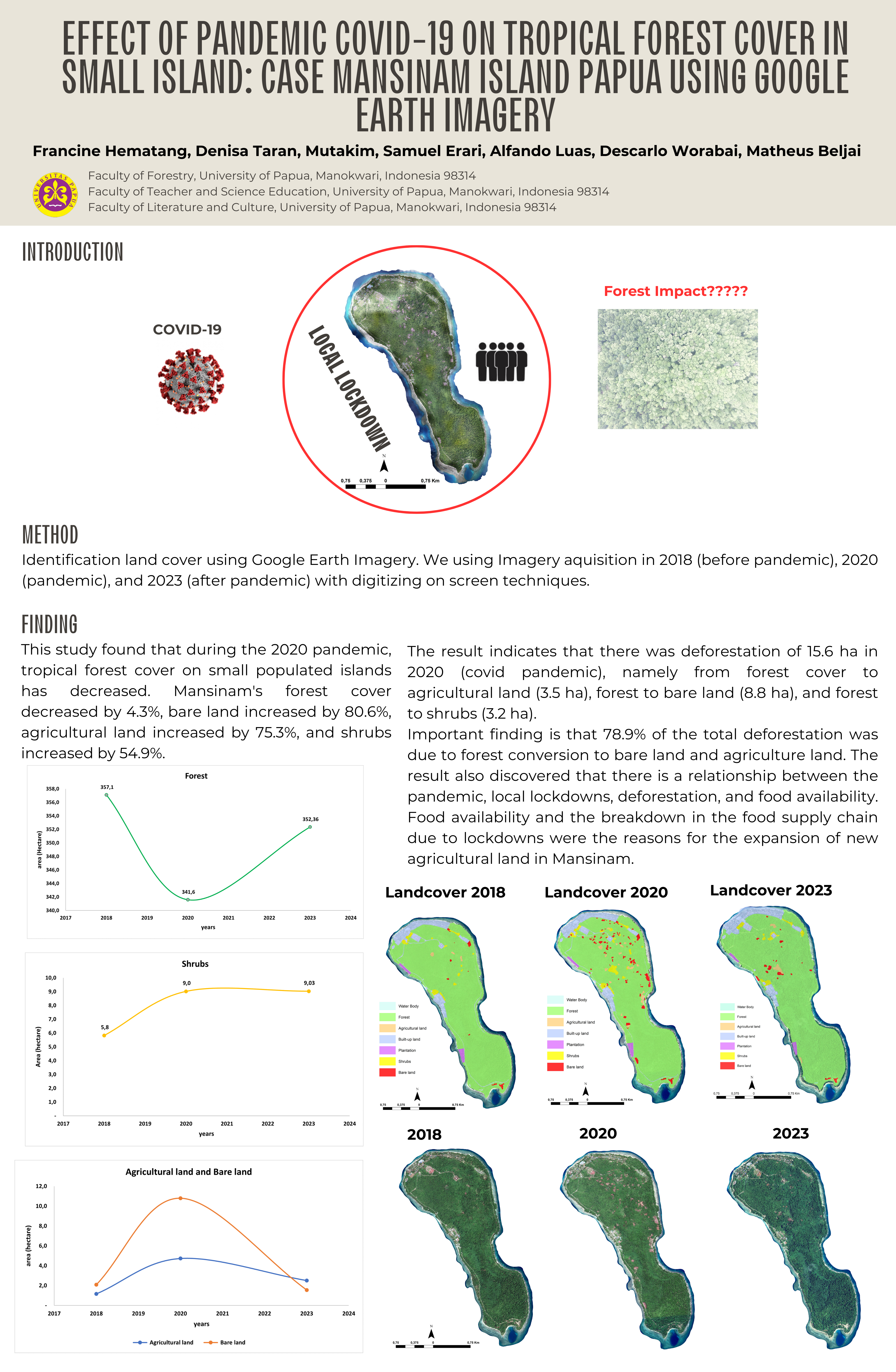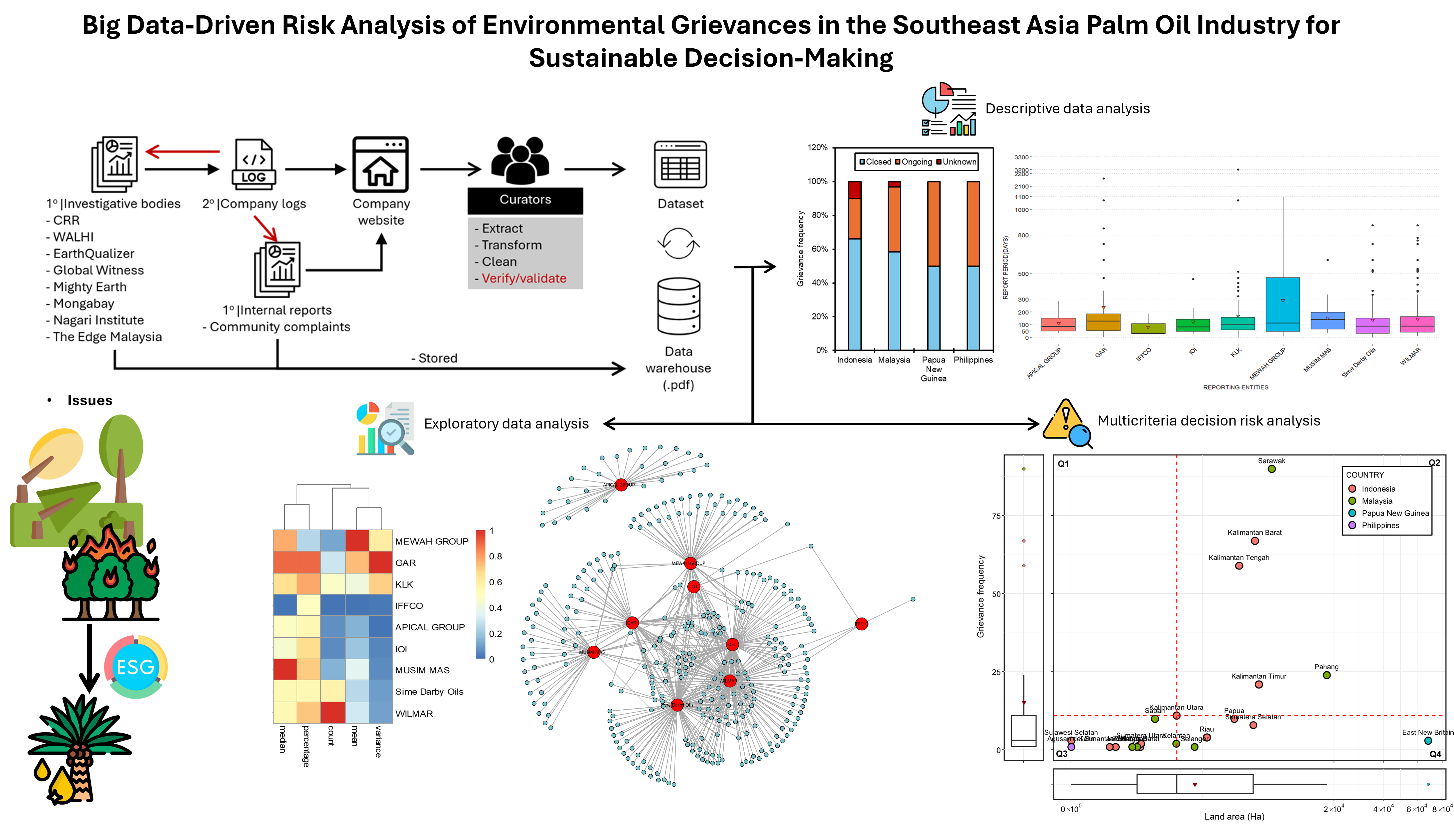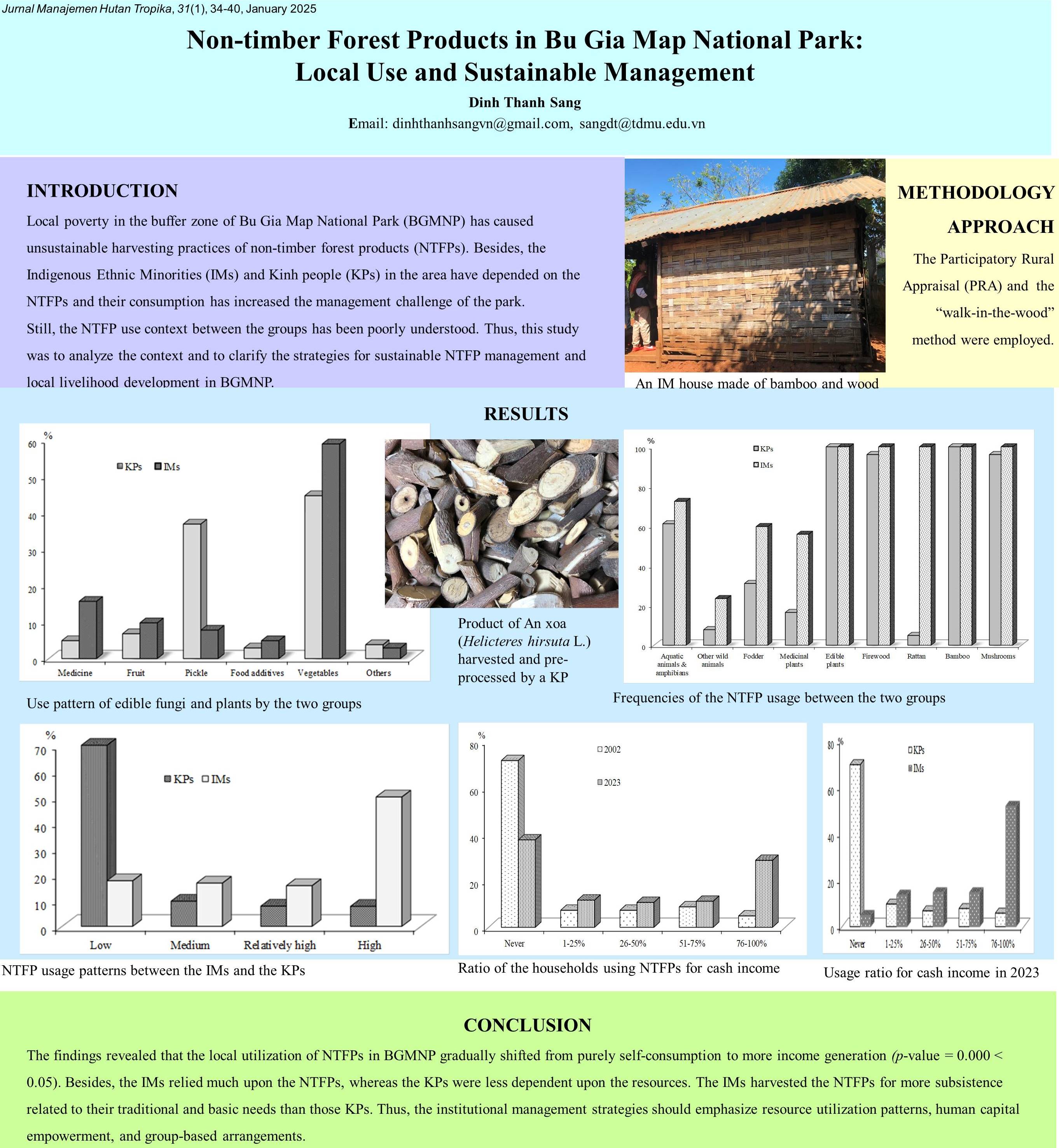Abstract
The objective of this study was to explain how local community in small islands can managed forest under population pressure, market intervention, and political dynamics. This study was expected to answer how community adapted with environmental change in forest management in small islands. The result of the study showed that community in Wangi-wangi Island has a unique forest management system based on community. It’s called kaindea. Management of kaindea done by sara (custom) and family and it’s used custom order. Environmental changes which are population pressure, market intervention, and political dynamics has influenced kaindea management. Public response as result of environmental change was responsed by reinforcement of social organization, adjustment of local agriculture technology, family jobs description, and expansion of livelihood. The study concluded that social organization (institution and social capital) has been very important roles on forest management and sustainability. It was suggested to have a further study about how orthogonal transformation in local institution passed to formal institute, by making community based forest management regulation, especially in customary forest.




